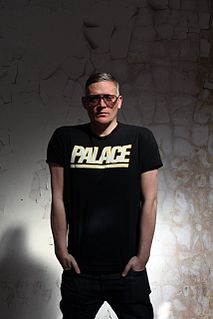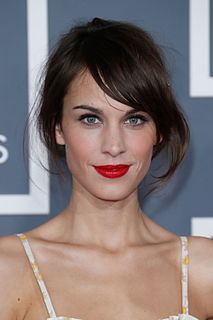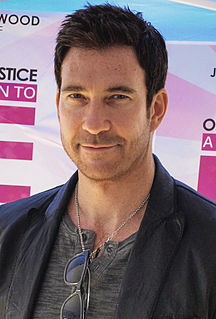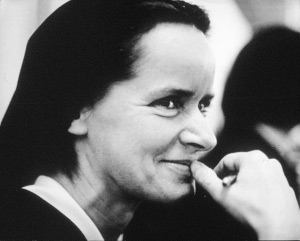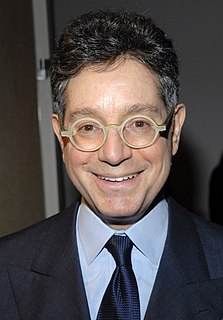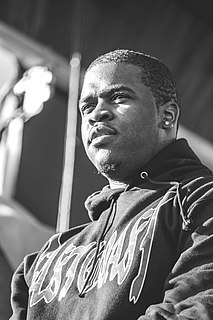A Quote by Lou Reed
I was a product of Andy Warhol's Factory. All I did was sit there and observe these incredibly talented and creative people who were continually making art, and it was impossible not to be affected by that.
Related Quotes
I believe that Ryan Murphy is a genius. His instincts remind me of Andy Warhol. I recently went to the Warhol museum in Pittsburgh, and you can see a lot of echoes of Andy in Ryan’s work. Like Andy, Ryan’s finger is so on the pulse of culture that he’s ahead of culture. Their aesthetic and their vision of the world are very similar.
I believe that Ryan Murphy is a genius. His instincts remind me of Andy Warhol. I recently went to the Warhol museum in Pittsburgh, and you can see a lot of echoes of Andy in Ryan's work. Like Andy, Ryan's finger is so on the pulse of culture that he's ahead of culture. Their aesthetic and their vision of the world are very similar.
One thing about Andy Warhol that was remarkable and also key to his widespread appeal is that he was so open! He would get on the phone and talk to the kid who called to say he was a fan - you know, Andy would walk from his house every morning down to the Factory carrying a bunch of Interviews - people would stop him and he would sign them, and what have you.
When I first came to New York, in the '70s, artists were certainly divided about the Andy Warhol persona, and about the work. I thought it was utterly cool - I thought the Factory was utterly glamorous - but there were a lot of artists I really admired and respected who were older that kind of dismissed it, couldn't get it, and felt that there was a lack of seriousness about it.



